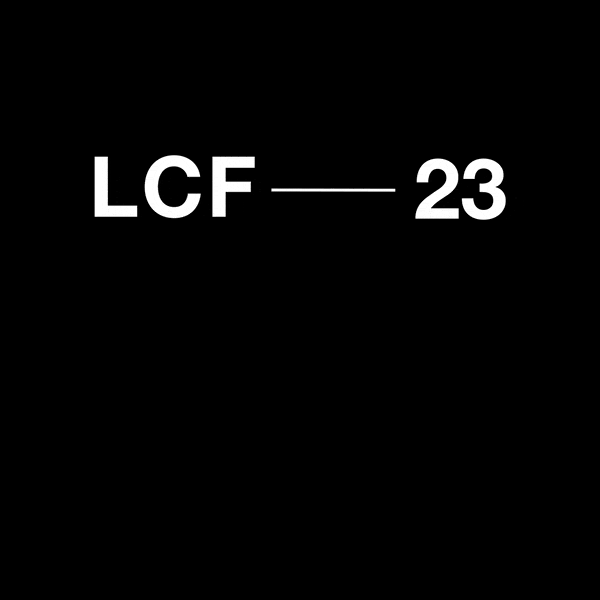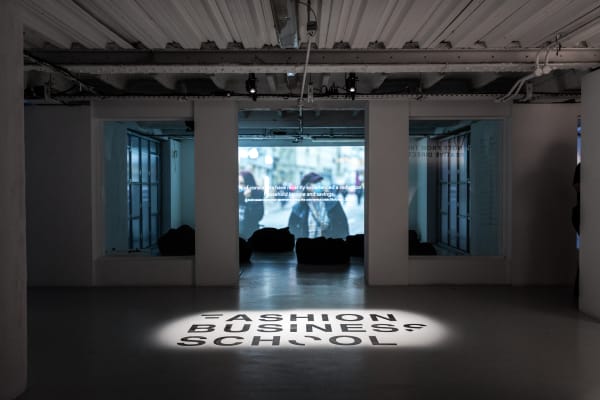Course units
The Course is divided into three 15-week ‘blocks’ of study (full-time). The first block is 60 credits and students who successfully complete this block are eligible to progress to the second block. The second block is a further 60 credits and students who complete blocks 1 and 2 are eligible to continue to the third and final block unit, Master’s Project. Successful completion of this 60 credit unit renders you eligible for the award of a Master’s degree. The final award classification is based upon the Master’s Project only.
Postgraduate Block 1
Unit Name: Forecasting & the Global Fashion Economy (20 Credits)
This unit will introduce you to the economic environment of the global fashion industry via an in-depth foundation in fundamental micro and macroeconomic concepts that lead to sustainable economic growth. You will be introduced to the economics of supply chain management and a wide range of advanced univariate forecasting techniques and their application via R Studio for predicting future economic trends relevant to the global fashion industry. The basic coding skills which you learn in this unit will provide a foundation for future units.
Unit Name: Collaborative Challenge (20 Credits)
This unit is your opportunity to innovate and explore developmental processes and engage with collaborative working practices. You will develop your professional negotiation, teamwork and networking skills that are essential in the cultural, entrepreneurial, and creative industries. The emphasis of this unit is on developing and showcasing your consultancy skills. You can engage with industry or college-based briefs.
Unit Name: Connecting with Global Fashion Consumers (20 credits)
This unit is delivered by LCF’s School of Media and Communication. You will be introduced to the principles of communication with diverse consumer audiences and the role of data in fashion communication. The unit also emphasises data protection, privacy, and the ethical use of data in communications. You will develop your skills for storytelling and engaging global fashion consumer audiences through written and visual narratives.
Postgraduate Block 2
Unit Name: Quantitative Research Methods (20 Credits)
This unit is designed to support the development of the research design of your MSc Master’s Project and your advanced quantitative research skills for consumer data collection and analysis. You will develop the advanced skills necessary for critically evaluating secondary research, designing reliable and valid quantitative research instruments, and conducting hypothesis tests with parametric and non-parametric statistical tests which will benefit the remainder of this course and your future employability. You will obtain experience in using industry relevant software to design, analyse and evaluate a consumer survey in response to a current fashion business problem of your choice.
Unit Name: Principles of Machine Learning for Fashion Analytics (20 Credits)
This unit aims to develop your understanding of e-commerce led fashion business models and introduce the basic theory underpinning key machine learning and data mining techniques for uncovering hidden insights from Big Data in fashion. The unit will focus on the practical application of supervised learning algorithms and data mining techniques on fashion consumer data with a critical appraisal of the associated ethical issues. You will be exposed to a toolbox of automated machine learning algorithms. The skills you develop will enable you to successfully apply a selected machine learning or data mining algorithm on fashion-related Big Data.
Unit Name: Data Driven Fashion Product Innovation (20 Credits)
This unit is delivered by LCF’s School of Design and Technology with the aim of challenging traditional assumptions of fashion industry practices by using data in fashion product innovation. Fashion design requires a dynamic supply chain management process to meet contemporary demands for better products. This in turn requires data analytics to inform the development of sustainable business models. The strategic application of complex data from a wide range of sources will validate a concept and situate this in a contemporary context that drives advanced practices in fashion product innovation. You will learn to critically analyse the impact of changing consumer preferences on product life cycles, supply chain strategies, and sustainable business models. The analysis will support you to propose a conceptual framework and/or fashion product innovation idea for a specific market or sector.
Postgraduate Block 3
Unit Name: Master’s Project (60 Credits)
The Master’s Project is an important piece of work central to achieving the course aims, which will provide an opportunity for you to demonstrate your knowledge and skills in relation to the course learning outcomes. Throughout the Master’s Project, you are guided and supported by tutorials and peer and staff evaluation at interim stages. You will be allocated a supervisor for your project and will complete a learning contract outlining how you intend to develop and deliver your project.
The credit framework conforms to the University of the Arts London framework in which the unit of credit is 20 credits (equivalent to 200 hours of student study time). All credits on the MSc programme are at postgraduate level 7.







